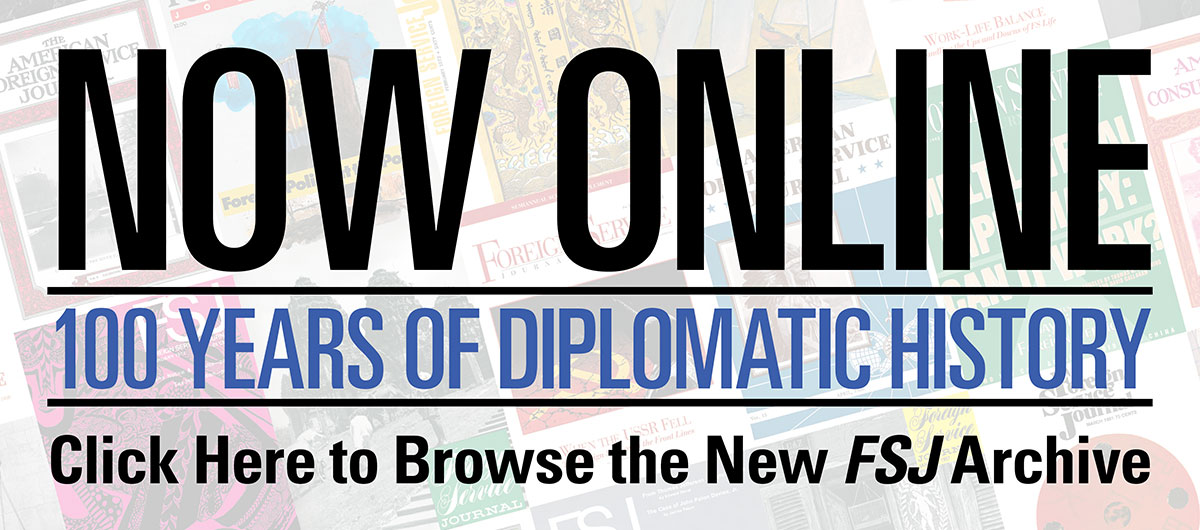The New Threat Set: Science Diplomacy in the Age of Globalization
AFSA's ongoing series on professional issues continues as we welcome back former Canadian Foreign Service Officer Daryl Copeland for a wide-ranging discussion. This event takes place at AFSA headquarters, 2101 E Street NW, from 2:00-3:30 p.m. on June 2. Please click here to RSVP; alternatively, you may RSVP to events@afsa.org.
Copeland will make the case that, conventional wisdom notwithstanding, today the most profound challenges which imperil the planet are grounded in neither religious extremism nor political violence. Instead, the globalization age has given rise to a vexing array of transnational issues which are rooted in science, driven by technology and largely immune to the application of armed force. Climate change, diminishing biodiversity, environmental collapse, pandemic disease and resource scarcity, to name but a few of these elemental S&T challenges, exacerbate underdevelopment and heighten insecurity. Unlike ideological rivalry or territorial ambition, however, this new threat set places everyone at risk.
Science diplomacy – a transformative tool of soft power which offers the prospect of engaging shared interests to overcome political constraints and enlarge international cooperation – represents a particularly promising way forward. Knowledge-based, technologically-enabled problem-solving can make an essential contribution, not only to the construction of a more secure, equitable and sustainable world order, but also to the prospects for long-term human survival. That said, most foreign ministries and international organizations face a debilitating performance gap; enlarged institutional capacity and major reforms will be necessary if the daunting range of process and structural obstacles are to be overcome. This presentation will explore the revolution in culture, values and professional practice required to ensure that the proposed combination of science and diplomacy can deliver as advertised.
Daryl Copeland, Senior Fellow at the Canadian Global Affairs Institute and Policy Fellow at the University of Montreal’s Centre for International Studies and Research (CERIUM), is an analyst, author, consultant and educator specializing in science and technology, diplomacy, international policy, global issues and public management. From 1981 to 2011 Mr. Copeland served as a Canadian diplomat, with postings in Thailand, Ethiopia, New Zealand and Malaysia. He teaches an advanced seminar on science, technology, diplomacy and international policy at universities and training institutes around the world. For more information, see www.guerrilladiplomacy.com, and follow Mr. Copeland on Twitter @GuerrillaDiplo.


